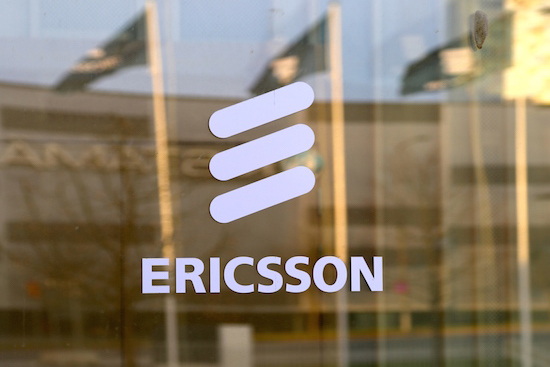Ericsson’s CEO has said “not all traffic is created equal”, on a day at Mobile World Congress 2018 that is set to feature debates on net neutrality.
Borje Ekholm made the comments at the Swedish vendors’ press conference in Barcelona, which opened the trade show today (26 February).
While Ekholm shied away from making a slew of announcements during his speech, his comments about internet traffic raised eyebrows.
He cited the importance of future mission critical connected services such as remote surgery and argued that a new regulatory framework needs to be put in place to prioritise these services. He said: “Not all traffic is created equal.”
When asked if his comments amounted to a row back on net neutrality, he said that you could not discriminate on content and degrade the performance of the likes of video.
However, he added that the likes of mission critical services needed to be thought of differently.
Ekholm’s comments are timely, given the appearance of FCC Chairman Ajit Pai later today.
The US regulator is in the process of repealing net neutrality, raising the prospect that certain kinds of content could be prioritised or throttled.
Across the European Union, internet service providers are banned from blocking or slowing down traffic, except in the event of a legal order or to protect a network. However, even in those events, equivalent traffic must continue to be treated equally.
Elsewhere, Ekholm ploughed a familar path regarding vendors’ priorities for the years ahead, talking up the importance of operators opting for 5G early, arguing that first movers will have a financial advantage down the line.
[Read more: Ericsson searches for positives amid huge annual loss]
The vendor currently has 38 memoranda of understanding in place with operators for 5G field trials.
However, while he talked up Asia and North America’s appetite for 5G, he echoed comments Nokia CEO Rajeev Suri made yesterday about Europe.
Ekholm said the continent had a couple of issues to resolve such as regulation, spectrum policy and data privacy, all of which were “hindering” adoption.



